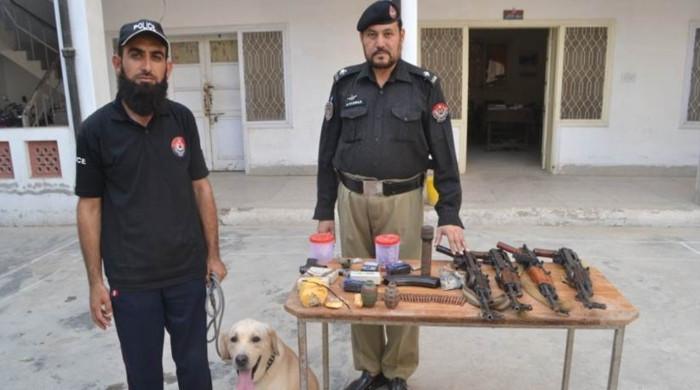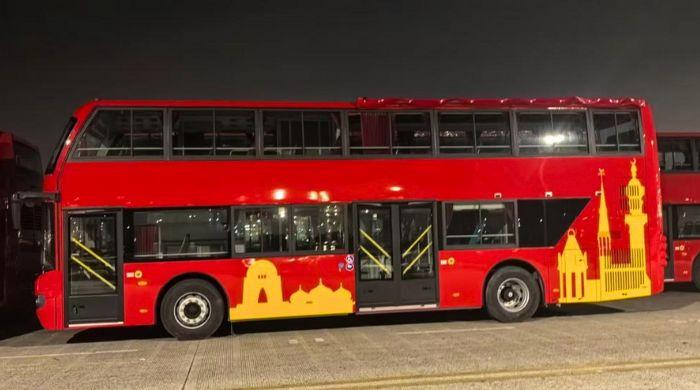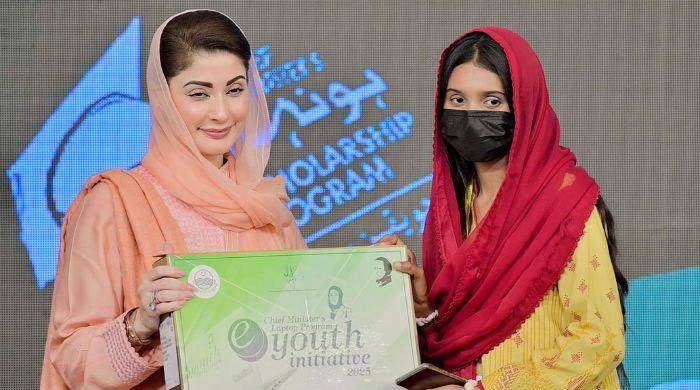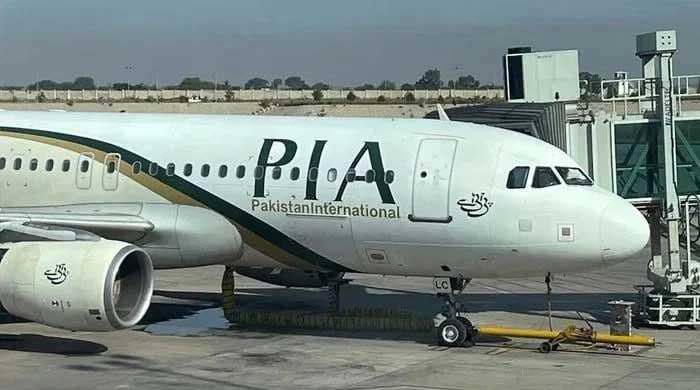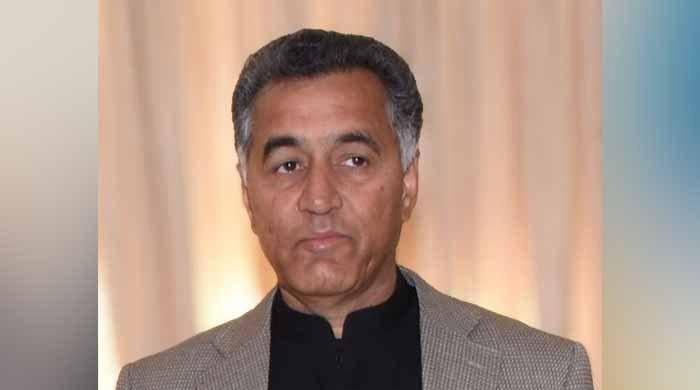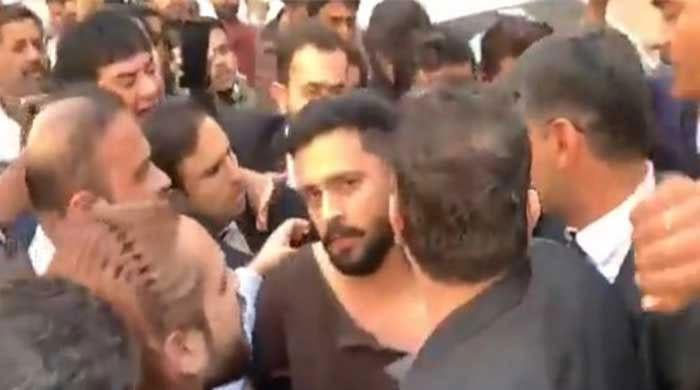Iranian President Raisi to arrive today, confirms FO
This will be the first visit by any head of state to Pakistan after the February 8 general elections
April 21, 2024

- Cabinet members, business delegation to accompany Raisi.
- Dignitary will hold meetings with senior Pakistani leadership.
- Both sides to discuss trade, security and other areas of cooperation.
The Ministry of Foreign Affairs confirmed that Iranian President Ebrahim Raisi would reach Pakistan today (Monday) on an official visit from April 22 to 24.
Accompanied by his spouse and a high-level delegation comprising the foreign minister and other cabinet members along with other senior officials as well as a large business delegation, Raisi's visit will be the first by any head of state to Islamabad after the February 8 polls.
The FO's confirmation came on Monday after a comprehensive security plan was chalked out for President Raisi's visit after security his security squad members reached Pakistan to review the measures taken by the Pakistani authorities, The News reported citing Interior Ministry sources.
Sources added that owing to the tensions between Iran and Israel, almost all law-enforcement agencies, National Counter-Terrorism Authority (NACTA) and intelligence agencies would contribute to ensure a peaceful atmosphere during the visit of the guest.
The strict security measures also include air surveillance along with temporary internet suspension during the dignitary's movement, the publication said.
During his visit, as per the FO, the guest will hold meetings with Pakistani leadership including President Asif Ali Zardari, Prime Minister Shehbaz Sharif and other senior officials including Senate Chairman Yusuf Raza Gilani, National Assembly Speaker Ayaz Sadiq as well as provincial leadership.
The trip will see the neighbouring countries mulling over a wide-ranging agenda to further strengthen bilateral ties and boost cooperation in various fields including trade, connectivity, energy, agriculture, and people-to-people contacts.
The two sides will also discuss regional and global developments and bilateral cooperation to combat the common threat of terrorism, the FO noted.
President Raisi's visit also holds significance as the two countries share key economic interests, most notably the Pak-Iran gas pipeline.
The visit is part of ongoing efforts by the two countries to deepen their cooperation which received a temporary setback earlier this year.
In January, relations between the two nations had turned sour after Pakistan, in retaliation to Tehran's cross-border strikes, carried out precision strikes using killer drones, rockets, loitering munitions and stand-off weapons to target terrorists inside Iranian territory.
Pakistan had even withdrawn its ambassador from Iran and announced that it would not allow the Iranian envoy visiting his home country at that time to return as a gesture of protest against the breach of its sovereignty by Iran.
The diplomatic ties, however, were soon restored with the ambassadors of the two countries returning to their respective posts.




